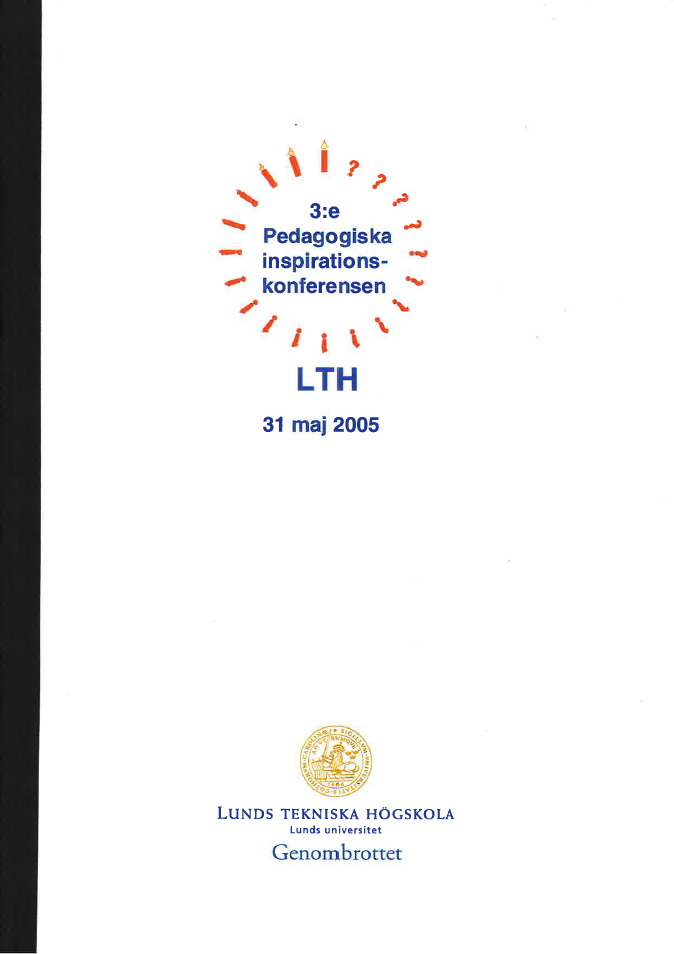Gender and Programming: A Case Study
Nyckelord:
Gender, programming, learning stylesAbstract
Our study highlights the effects of gender-related learning styles on a computer programming course at introductory level of engineering education. It was triggered by the observation of statistically relevant under-achievements among female students over the years. We try to identify concrete differences in motivation/learning styles between genders and prove that lack of previous relevant computer experience is not the only factor to blame. The paper analyzes the situation at a LTH course from the point of view of the conflicts outlined in the literature.
Data from “before-starting” questionnaires and follow ups for subsequent evaluations expose significant gender differences. Analysis of the course materials and interviews with students reveals problems of constructive alignment and discouragements to the motivation of novice programmers. We investigated several pedagogical methods to adapt teaching and evaluation in order to increase all students’ competence and at the same time reduce the gap between genders. Our key recommendation is to make the separation between the teaching of algorithms and the teaching of the specific language syntax clearer. It is our belief that good teaching of engineering subjects will enhance learning for all students.


